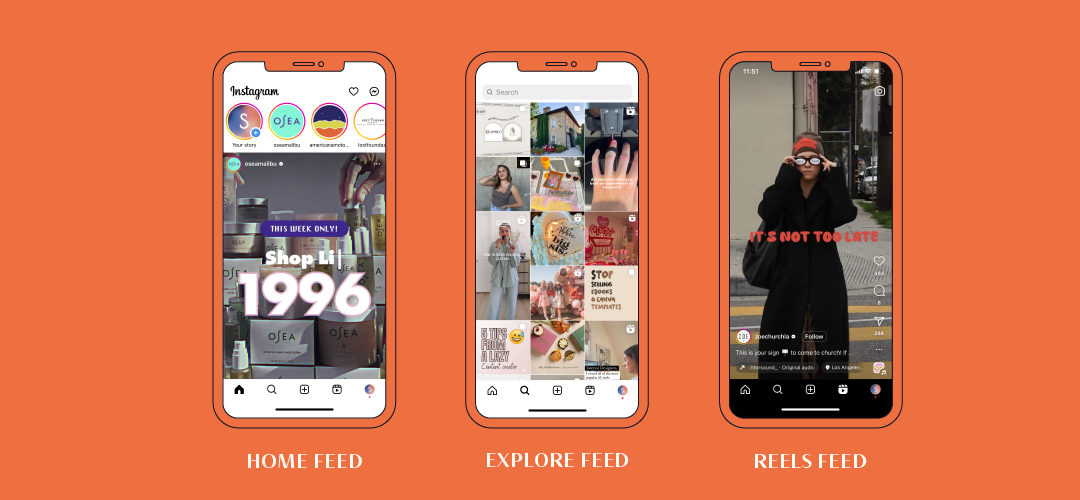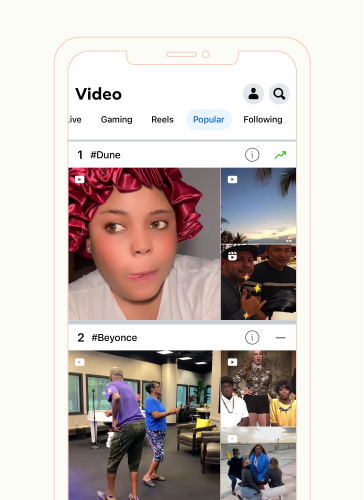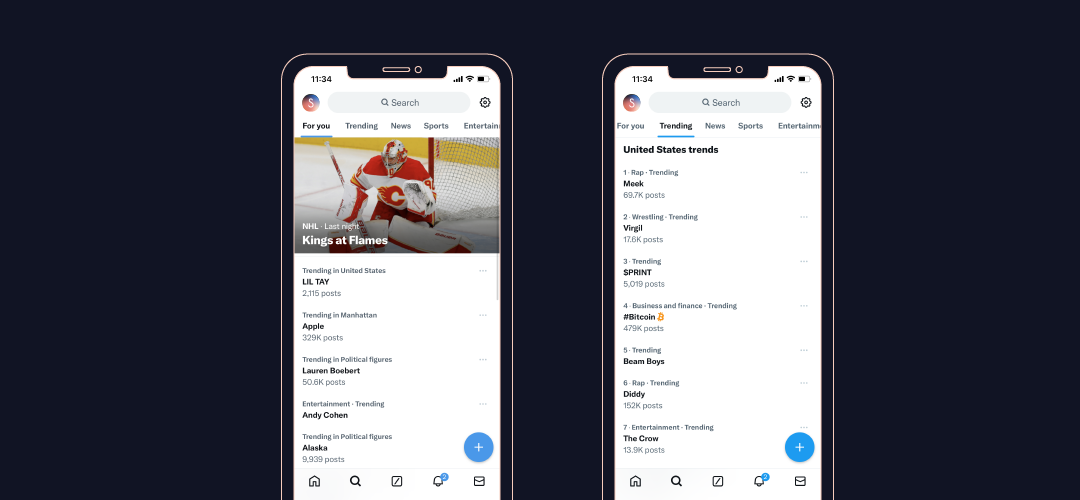How Social Media Algorithms Work: The Step-by-Step
How often have you joked that your “government agent” heard what you were talking about and put it on your social media feed? Too many times to count.
Plot twist: It’s just social media algorithms doing their thing.
Your next question probably is, “Scott Social—how the heck am I supposed to keep up with social media algorithms if they keep changing?” And that’s the tea, isn’t it? Keeping up can be tough, but having a basic understanding of how social media algorithms work can ease the pain of those constant changes just a little bit.
We’re breaking down the complex and fascinating mechanisms that determine what you see on your favorite platforms. You have to start from somewhere! ⬇️
Understanding the Beast: What's a Social Media Algorithm?
A social media algorithm is like your personal assistant, sifting through never-ending files of content to bring you what it thinks you'll love. It's a dynamic system of parameters and calculations that consider your past behaviors, relevance, and popularity to prioritize the content that pops up on your feed.
How Do These Algorithms Work?
The magic of the algorithms lies in filtering content based on a few key factors like relevance, interactions, and sponsored content. Algorithms are keen observers, taking note of what you interact with and what you scroll past and strategically placing sponsored posts on your feed based on your interests.
How social media algorithms work differs for every platform, so keeping it all straight can get a little confusing. Keep scrolling for a breakdown of what each social platform’s algorithm is largely based on. 👇
Instagram’s Algorithm Is Based On…
Feed and Stories
Your activity- How many posts you’ve liked from an account
Interactions- How many times you’ve liked, commented, saved, or shared content from accounts you follow
Post details- How many users liked a post, when the post went out, and it's medium (i.e. video, carousel, static image
Information about the account that posted the content
Explore Feed
Content you've recently viewed, liked, or commented on
Reels Feed
New content from accounts you don’t follow
Previous interests
Predictions based on content the algorithm thinks you’ll enjoy and consume in its entirety
TikTok’s Algorithm Is Based On…
Prioritizing new content
Video details- Hashtags, captions, sounds, and effects
Past interactions
Account/device indicators- Deice type, language preferences, and location
Facebook’s Algorithm Is Based On…
Friends and followers
Engagement metrics- Facebook boosts content with higher engagement
Content type- What you engage with most is what the algorithm will show on your feed
Content quality- Authentic, informative, and accurate content ranks higher on the platform
Twitter’s Algorithm Is Based On…
User interactions
Relevant topics
Popularity of discussions- Hello, trending topics!
Recent publications- New content is prioritized and shown first in the feed
LinkedIn’s Algorithm Is Based On…
Quality of posts- “Quality” on LinkedIn means posts that are easily readable, include strong keywords, and encourage engagement from your connections
Early engagement
Your connections- Your content gets pumped out to your connections first
YouTube’s Algorithm Is Based On…
Your watch history
Video performance
Related content- Videos that users might often watch together
Pinterest’s Algorithm is Based On…
Quality pins
Website ownership- Pins that have a website attached are considered to be of higher quality to the algorithm
Engagement
You’ve Got the Basics…Now What?
Feeling a bit overwhelmed by these algorithms? Our team is ready to step in and take over your socials! The Scotties, aka the best social media experts out there, handle these ever-changing algorithms every day so small business owners like you don’t have to.
If you're ready to make the social media algorithm your brand’s you-know-what, we’re here to make it happen!
WRITTEN BY:
Angela LaRose
Copywriter + Social Media Strategist










